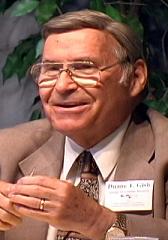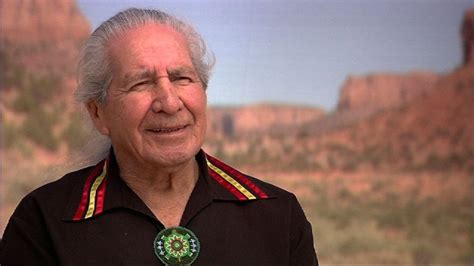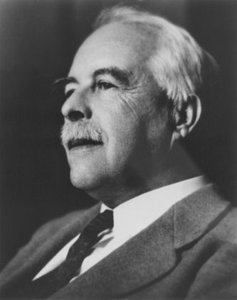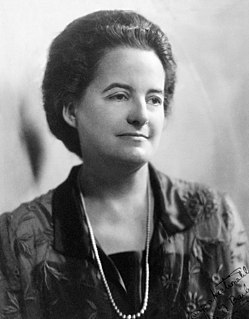A Quote by Paul Davies
The origin of life is one of the great outstanding mysteries of science.
Quote Topics
Related Quotes
A wonderful area for speculative academic work is the unknowable. These days religious subjects are in disfavor, but there are still plenty of good topics. The nature of consciousness, the workings of the brain, the origin of aggression, the origin of language, the origin of life on earth, SETI and life on other worlds...this is all great stuff. Wonderful stuff. You can argue it interminably. But it can't be contradicted, because nobody knows the answer to any of these topics.
Of all the statements that have been made with respect to theories on the origin of life, the statement that the Second Law of Thermodynamics poses no problem for an evolutionary origin of life is the most absurd… The operation of natural processes on which the Second Law of Thermodynamics is based is alone sufficient, therefore, to preclude the spontaneous evolutionary origin of the immense biological order required for the origin of life.
Give us detailed, testable, mechanistic accounts for the origin of life, the origin of the genetic code, the origin of ubiquitous bio macromolecules and assemblages like the ribosome, and the origin of molecular machines like the bacterial flagellum, and intelligent design will die a quick and painless death.
There is no question, therefore, that the work to be done in familiarising the general public with the nature of the Mysteries is of paramount importance at this time. These Mysteries will be restored to outer expression through the medium of the Church and the Masonic Fraternity ... When the Great One comes with His disciples and initiates we shall have ... the restoration of the Mysteries and their exoteric presentation as a consequence of the first initiation.





































